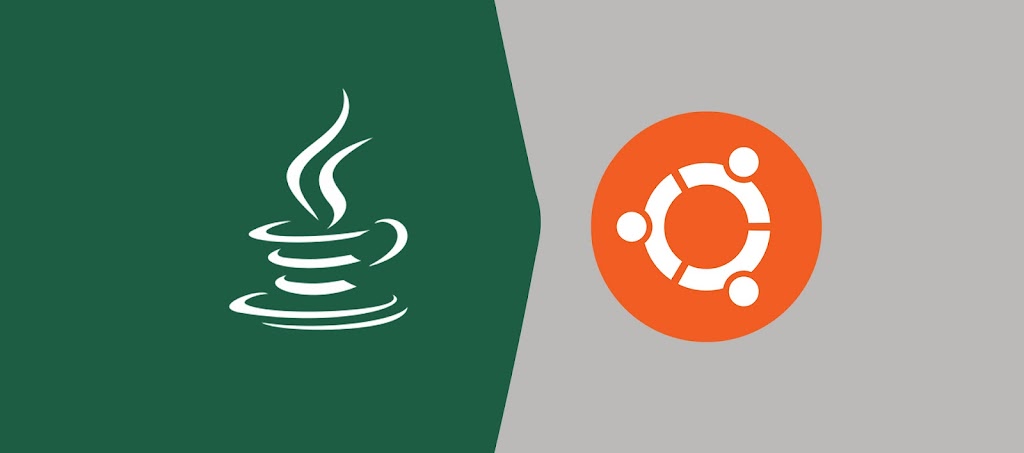Java is a popular programming language that is widely used for creating web, mobile, and desktop applications. Java 8 is one of the most widely used versions of the language and is still supported by many organizations. In this blog post, we will go through the steps to install Java 8 on a Linux operating system.
Step 1: Download the Java 8 installer
The first step to installing Java 8 is to download the installer from the official Oracle website. Go to the following link: https://www.oracle.com/java/technologies/javase/javase-jdk8-downloads.html
Step 2: Install the JDK
Once the download is complete, open the terminal and navigate to the directory where the installer package is located.
Run the following command to install the JDK:
sudo apt-get install openjdk-8-jdk
Step 3: Verify the installation
After the installation is complete, you can verify that Java 8 is correctly installed on your system by running the following command in the terminal:
java -version
You should see output similar to the following:
java version "1.8.0_xx" Java(TM) SE Runtime Environment (build 1.8.0_xx-bxx) Java HotSpot(TM) 64-Bit Server VM (build xx.xx-bxx, mixed mode)
Step 4: Set the JAVA_HOME environment variable
In order to run the java command from any location in the terminal, you need to set the JAVA_HOME environment variable.
Open the terminal and run the following command to find the location of the JDK installation:
sudo update-alternatives --config java
This command will give you the path where the JDK is installed.
Open the .bashrc file by running the following command:
nano ~/.bashrc
Add the following line to the file and replace the path with the path obtained from the previous command:
export JAVA_HOME=path-to-jdk
Save the changes and exit.
Run the following command to activate the changes:
source ~/.bashrc
You should now be able to run the java command from any location in the terminal.
Congratulations! You have successfully installed Java 8 on your Linux operating system. You can now start developing Java applications and take advantage of the many features that the language has to offer.
Note: The process of installing Java on Linux may vary based on the Linux distribution you are using. The above commands and steps are for Ubuntu-based distributions.
Also, it is not recommended to install Java 8 on a Linux anymore, Java 11 is the recommended version.

